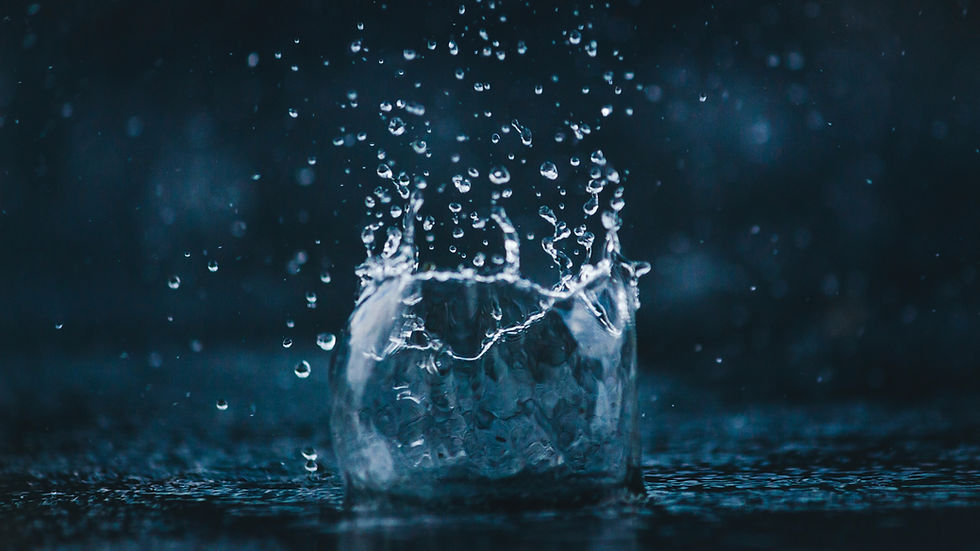

Water Shut-Off Valves -
An Essential Protection Tool
Every year insurance companies pay out millions of dollars in water damage claims.
The same damages also cost homeowners millions in deductibles and increased premiums - not to mention the hassle of dealing with repairs and potentially losing priceless family heirlooms.
Detecting leaks is essential to protecting your home and savings. In-line smart water security devices detect leaks immediately and automatically shut off the home’s water to prevent catastrophic damage.

#1
Water damage is the #1 source of non-weather-related property damage.
2x's
You're twice as likely to suffer a second water loss if you've already experienced one.
3
Months, on average, clients are out of their home after water damage has occurred.

Know the Differences
There are two basic categories of water shut-off systems: whole-house systems and point-of-use systems.
While both can prevent water damage, only a whole-house system generally qualifies for a premium credit on your homeowner's insurance.
POINT-OF-USE SYSTEMS
Point-of-use systems are designed to monitor and shut off the water to a single water source. Premium credits are not usually available for these kinds of systems.
WHOLE HOUSE AUTOMATIC SHUT-OFF SYSTEMS
Whole-house automatic water shut-off systems prevent leaks through either time/flow-based or sensor-based technology. Each can be tailored to match a homeowner's needs, lifestyle, and usage patterns.
Learn about the two types of whole-house automatic water shut-off systems, and decide which option is best for you.
The SEVEN Must-Have Features!
Most homeowners are unaware that insurance companies often provide discounts on your Homeowner's Insurance when installing water leak protection.
But do your homework when shopping for an automated water shutoff valve. Not all automatic water shutoff valves are created equal.
-
Low Voltage Operation - Water and high voltage don't mix
-
Valve Position Feedback - Confirms that valves are correctly positioned.
-
Integrated Motor - Ensures the motor stays engaged and operational.
-
Auto Shutoff - Limits power usage when the system is idle
-
Waterproof Gear Train Motor - Motorized valves tested for reliability and longevity.
-
Full Port Design - Limits restriction to water flow when the valve is fully open.
-
Manual Override - Allows manual operation in the event of a power failure.




